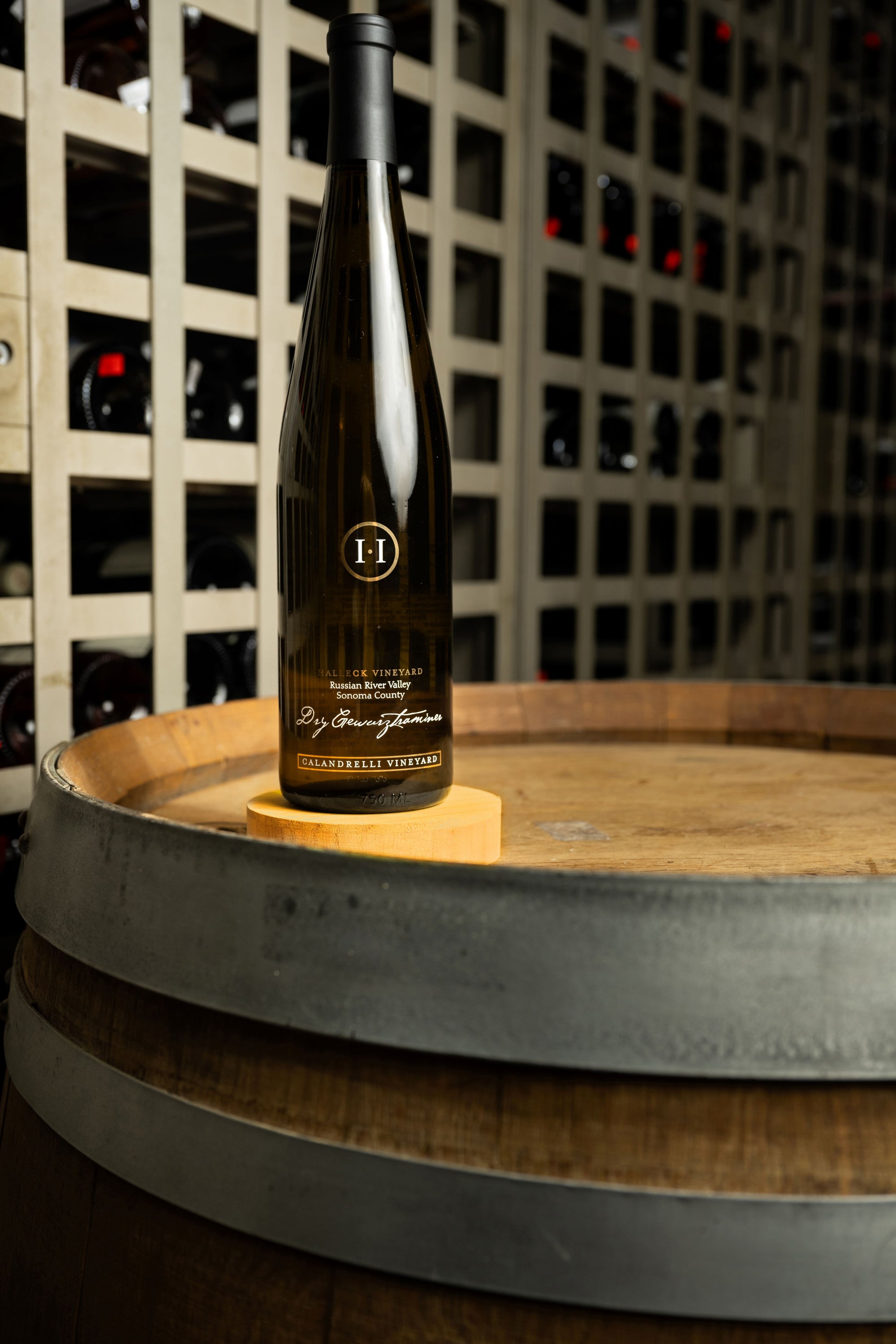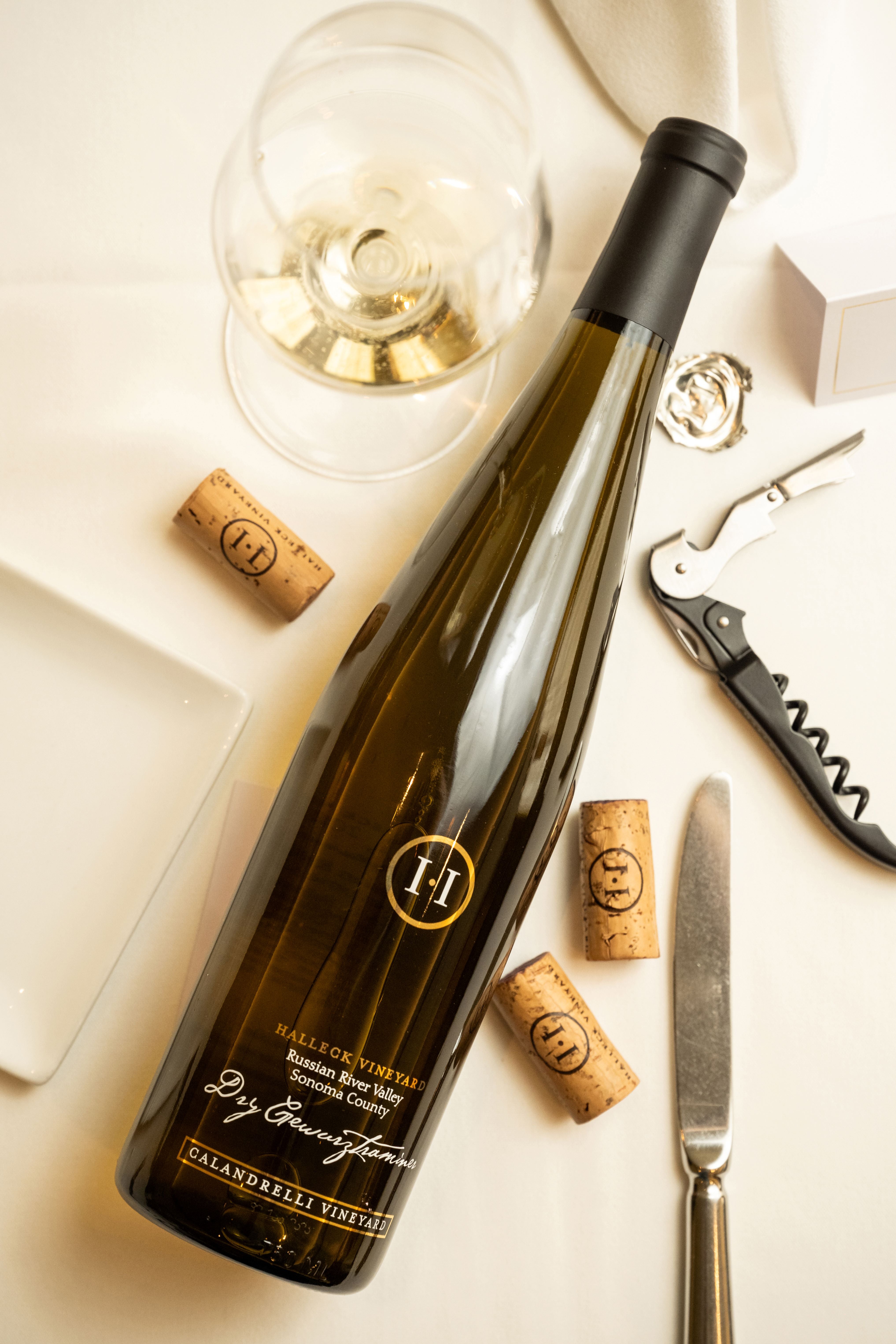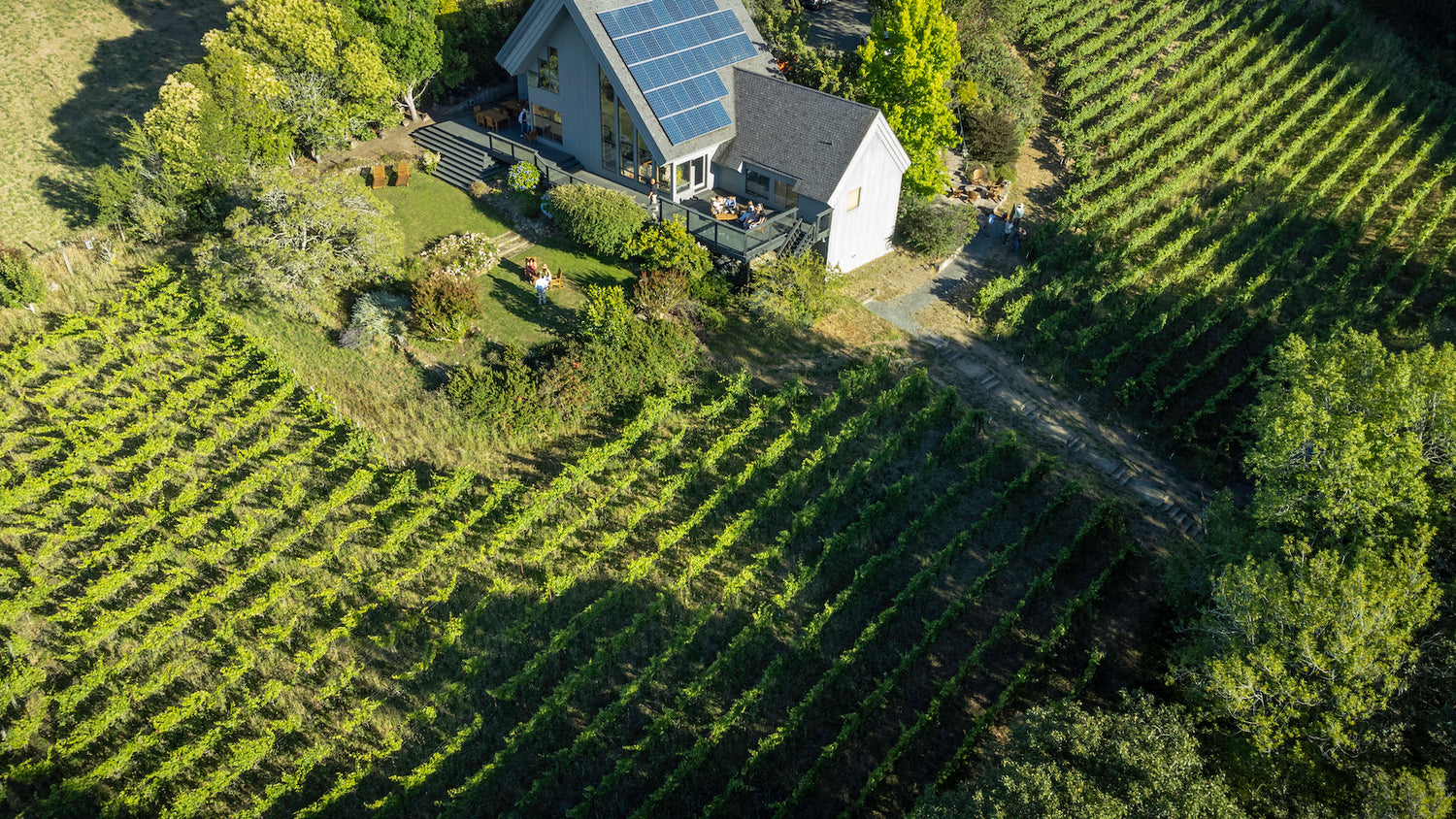Family-Friendly Wineries Near Sebastopol - Sonoma Wine Tasting Adventures
Wine tasting is commonly thought to be an art type, one that goes beyond merely having fun with a beverage. It embraces a posh interaction of flavors, aromas, and textures that requires devoted practice to really master. Many who enterprise into the world of wine tasting quickly notice that it involves rather more than just sipping wine. Bettering sensory skills via devoted winery wine tasting can elevate the experience, reworking an informal consuming occasion into a sophisticated exploration of the senses.
At a fundamental degree, wine tasting engages the senses of sight, smell, taste, contact, and even sound. Each element performs an important position in appreciating the nuances of a wine. When one first pours a glass of wine, the rich hues can provide initial insights into its age and varietal. Observing the color and clarity helps form expectations in regards to the wine's flavor profile. Many don’t absolutely appreciate how this visible evaluation can set the stage for what's to observe.
The next step is to engage the sense of smell. Swirling the glass aerates the wine, permitting its unstable compounds to escape and fill the air with its bouquet. The nostril entails some fascinating layers—different aromas can sign numerous features of the winemaking course of, including the sort of grapes used, fermentation methods, and growing older situations. Growing a eager sense of odor is often a game-changer in wine tasting.
Wineries Featuring Vineyard Tours - Tasting Experiences In Sebastopol Vineyards
To improve this sensory skill, wine enthusiasts are sometimes encouraged to take part in dedicated tastings at wineries. These tastings allow individuals to focus solely on the sensory experience (Wineries Promoting Sustainable Farming). Tasting periods led by knowledgeable sommeliers or winemakers can offer insights into figuring out distinct aromas. Learning to differentiate between floral, fruity, earthy, and spicy notes can empower a taster to articulate their experience with higher precision.
As one practices their sensory skills, they might discover that their taste preferences evolve. This transformation typically happens after multiple tastings. A wine that initially seemed overwhelming would possibly reveal hidden layers of complexity with a little bit of experience. Understanding how to isolate particular person flavors similar to acidity, sweetness, bitterness, and umami contributes considerably to the overall wine experience.
Another important component in improving sensory skills is the context in which wine is tasted. Environmental components like temperature, lighting, and even the corporate current can affect perceptions. At a winery, an optimal setting can cut back distractions and allow a extra profound exploration of the wine (Wineries That Offer Food Trucks On Weekends). Practicing conscious tasting techniques encourages a more immersive experience, allowing tasters to hone in on their senses.
It isn't solely about individual notion, though. Engaging with others during a tasting also can enhance sensory skills. Sharing notes and discussing impressions fosters a deeper understanding of the wine. This collaborative strategy encourages individuals to articulate their sensory experiences, thereby broadening their linguistic repertoire associated to wine tasting.
Wineries In Sebastopol - Vineyard Visits And Wine Tasting In Sonoma
Additionally, pairing wine with food can considerably improve the tasting experience. Different mixtures can convey out unique flavors in each the wine and the dish. As one tastes a wine alongside explicit meals, they will begin to acknowledge how certain elements within the wine complement or distinction with what they're consuming. This skill of pairing is one other layer that enriches sensory growth.
Training one’s palate can involve a selection of exercises. Some enthusiasts interact in systematic tasting experiences, sampling a variety of wines that showcase completely different varietals, areas, or vintages. Exploring this diversity can sharpen the power to discern nuances across completely different wine profiles. Over time, this practice builds a psychological library of flavors that could be accessed during future tastings.
Notably, written notes serve a dual objective: organizing one’s ideas and reinforcing reminiscence. By writing down observations about every wine, tasters can observe their progress over time. Detailing the characteristics of wines assists in solidifying information, finally deepening one’s appreciation of what they consume.
Moreover, attending workshops or classes focused on sensory analysis may additionally be useful. Many wineries supply these academic applications to assist people refine their skills. Often, educated instructors guide individuals by vineyards way of structured tastings, focusing on particular parts of the wine. This degree of education reinforces the sensory skills asynchronously and challenges tasters to consider their experiences from completely different angles.
Wineries Near Santa Rosa - A Winery In The Sonoma Valley To Discover

Over time, the dedication to improving sensory skills through devoted winery wine tasting can yield vital rewards. The enjoyment derived from wine turns into layered and multifaceted. No longer restricted to a easy choice for "purple" or "white," tasters begin to appreciate the stories behind every pour. They domesticate a palette able to navigating the advanced landscape of flavors with confidence.
In conclusion, the journey of enhancing sensory skills by way of devoted winery wine tasting is as rewarding as it's enjoyable. It requires focus, dedication, and a willingness to be taught, however the outcomes far exceed the preliminary effort. By engaging multiple senses and taking part in thoughtful discussions, individuals not solely become more adept at figuring out flavors but also develop a deeper appreciation for the craftsmanship behind each bottle. The course of transforms wine from a mere beverage right into a wealthy tapestry of sensory exploration that beckons enthusiasts to delve deeper. As skills enhance, so too does the enjoyment, enriching life experiences one sip at a time.
Vineyard Picnic Spots In Sonoma Valley - Celebrated Wineries Around Sebastopol
- Engaging the palate by way of numerous wine varieties enhances the ability to tell apart flavors and aromas, refining overall sensory notion.
- Participating in guided tastings promotes focused consideration on refined traits of every wine, nurturing critical tasting skills.
- Learning to identify particular grape varieties fosters a deeper understanding of terroir, which aids in recognizing regional flavor profiles.
- Incorporating food pairings throughout tastings can heighten sensory awareness, as completely different tastes can affect each other and alter perceptions.
- Training the art of swirling and nosing wines permits people to connect olfactory cues with style, improving the flexibility to articulate sensory experiences.
- Attending workshops that emphasize blind tastings trains participants to rely purely on their senses rather than preconceived notions, enhancing objectivity.
- Elevating sensory skills can result in higher wine selection skills, empowering individuals to make knowledgeable choices based mostly on personal preferences.
- Engaging with knowledgeable sommeliers provides insights into wine-making processes, which deepens sensory appreciation and enhances vocabulary for describing wines.
- Common participation in tastings encourages reminiscence development of flavors and aromas, aiding in the formation of a personalised sensory profile over time.
- Sharing tasting experiences with peers fosters dialogue, promoting communal learning that can improve particular person sensory skills through collaboration.undefinedWhat is the aim of enhancing sensory skills via wine tasting?

Improving sensory skills through wine tasting permits individuals to boost their capability to identify and recognize the varied aromas, flavors, and textures of wine. This heightened sensory awareness can result in a deeper understanding of wine and an overall enriched tasting experience.
Wineries In Dry Creek Valley - Wineries In The Sebastopol Region
How can I develop my sensory skills at a winery?
You can develop your sensory skills at a winery by taking part in guided tasting classes that focus on particular varietals. Have Interaction with educated employees who can provide insights and encourage you to take notes on your impressions, enhancing both your observational and descriptive skills.
What ought to I count on during a dedicated wine tasting experience?
Wineries With Unique Gamay Wines - Vineyard Tasting Events In Sonoma County
Throughout a devoted wine tasting experience, count on to pattern a number of wines whereas receiving focused training about each. You May be taught about the winemaking process, tasting techniques, and tips on how to discern different sensory characteristics, all in a relaxed environment.

Is prior knowledge of wine needed to profit from a sensory skills workshop?
- Wineries Pairing Wine With Chocolate
No prior knowledge of wine is important; the workshops are designed for all ranges of experience. Beginners will discover priceless information to build from, whereas seasoned tasters sites can refine their skills and expand their palate even further.
How do sensory skills influence my total wine appreciation?
Wineries In Green Valley - Exploring Sonoma's Wine Landscape
Improving sensory skills considerably enhances your overall wine appreciation by permitting you to determine subtleties and complexities in wines. This deeper understanding enriches your tasting experience and helps you make informed choices based on personal preferences.
Are there particular techniques I should use whereas tasting wine to improve my sensory skills?
Wineries With Outdoor Seating - Discovering The Vineyards Of Sonoma County
Yes, employing techniques such as the "SWOT" methodology (Sight, Swirl, Scent, Sip, Savor) may be useful. Pay attention to the wine's appearance, aromatics, and mouthfeel, and take your time with each sip to totally discover the flavors and sensations.
What sort of wines are typically included in sensory skills tastings?
Usually, sensory skills tastings embrace quite lots of wines that showcase completely different areas, varietals, and styles. This diversity helps members determine distinct traits and enhances their capability to differentiate between wines.
Can sensory skills workshops be personalized to my tasting interests?
Beautiful Picnic Areas At Sonoma Wineries - Wineries For Casual Tastings In Sonoma
Many wineries offer personalized options for sensory skills workshops, allowing you to give attention to particular forms of wines or themes that curiosity you, similar to organic wines or unique regional offerings. It Is finest to inquire instantly with the winery for tailored experiences.
Is there a method to practice sensory skills after leaving the winery?
Yes, you can practice your sensory skills at home by tasting completely different wines and maintaining a tasting journal. Experimenting with numerous food pairings and aromatics can further improve your understanding of how flavors work together, reinforcing the talents gained at the winery.